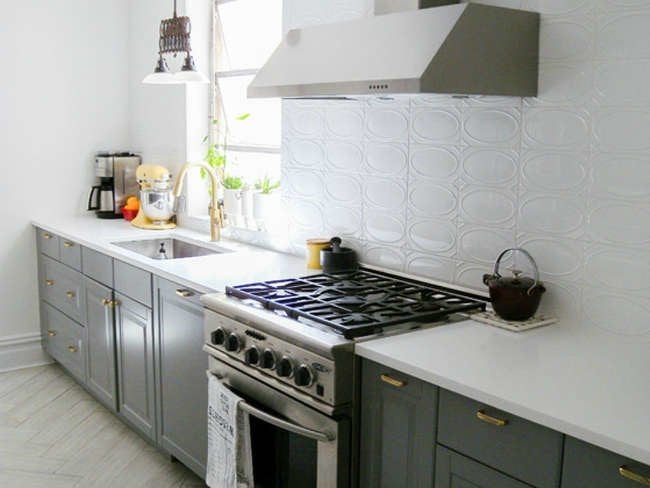We may earn revenue from the products available on this page and participate in affiliate programs. Learn More ›
Getting Warmer
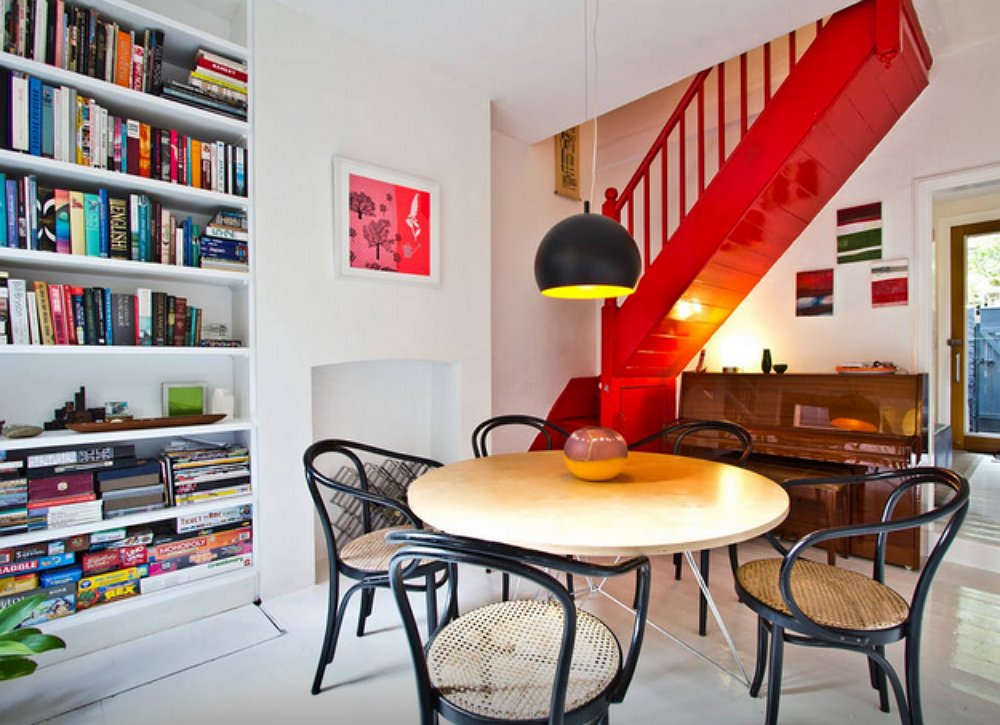
Cool whites with undertones of blue and gray appear clean and crisp, while warm whites with undertones of red and yellow look soft and relaxed. Which will be best for your home? Personal preference certainly comes into play, but another good rule of thumb is to consider the region you live in, suggests Rebecca Ralich Spak, Director of Color Marketing and Design Services for Sherwin-Williams. “If you get natural light throughout the year, you might opt for a cooler shade; but if you have a lot of cold, gray weather, you might like a warmer shade.”
Always Be Prepared
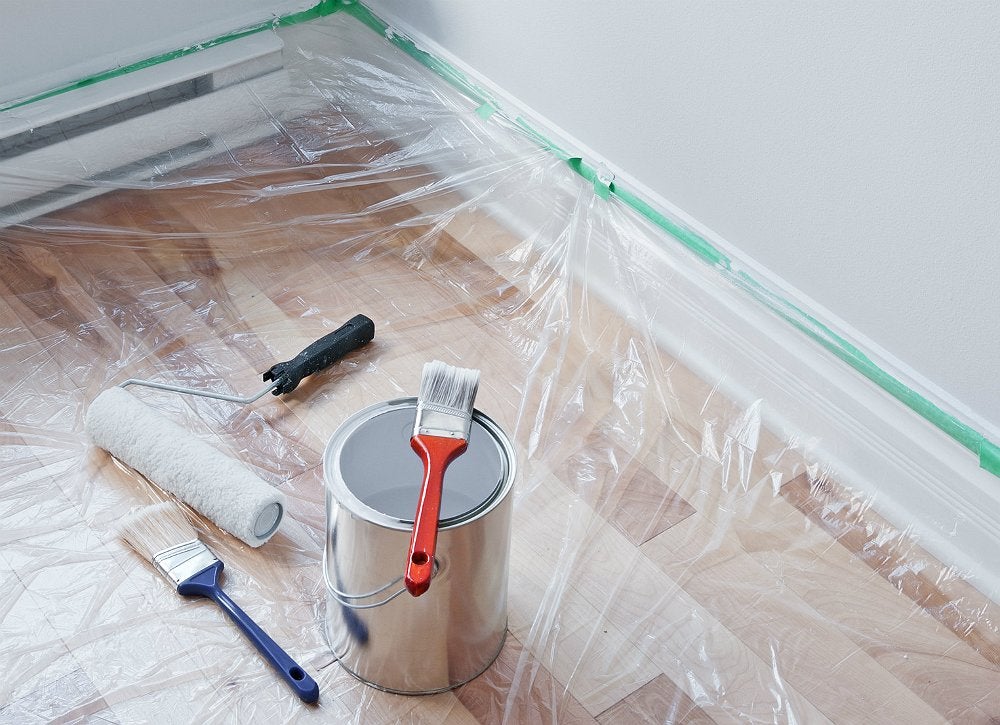
White walls are unforgiving, exposing every tiny dent or smudge. Be sure to patch any holes or imperfections with a skim coat and sand as necessary. If there are considerable stains, use a stain-blocking primer before applying your top coat. “Preparation by far is the key to a successful finish,” says Rebecca Ralich Spak of Sherwin-Williams.
Related: Painting Tools and Materials
Think About Lighting
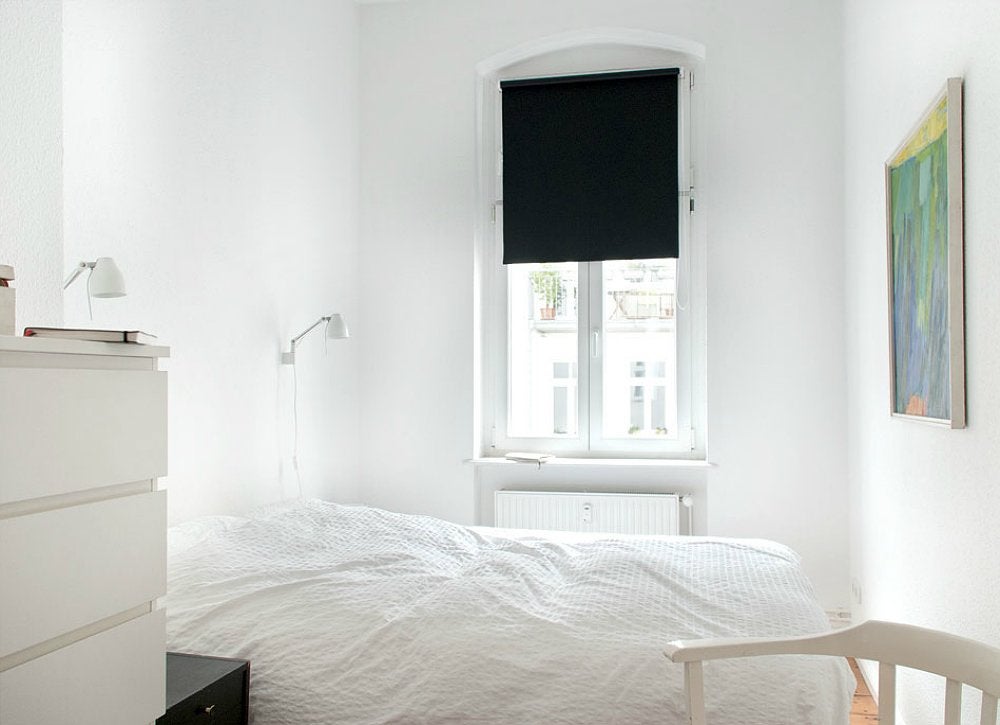
In rooms with abundant natural light, white paint can appear different throughout the day. Be sure to try a sample of any color you’re considering to see how it looks in morning, afternoon, and late-day light. To brighten low-light spaces, consider a cooler shade of white that will reflect ambient light from lamps and overhead fixtures.
Pull It Together
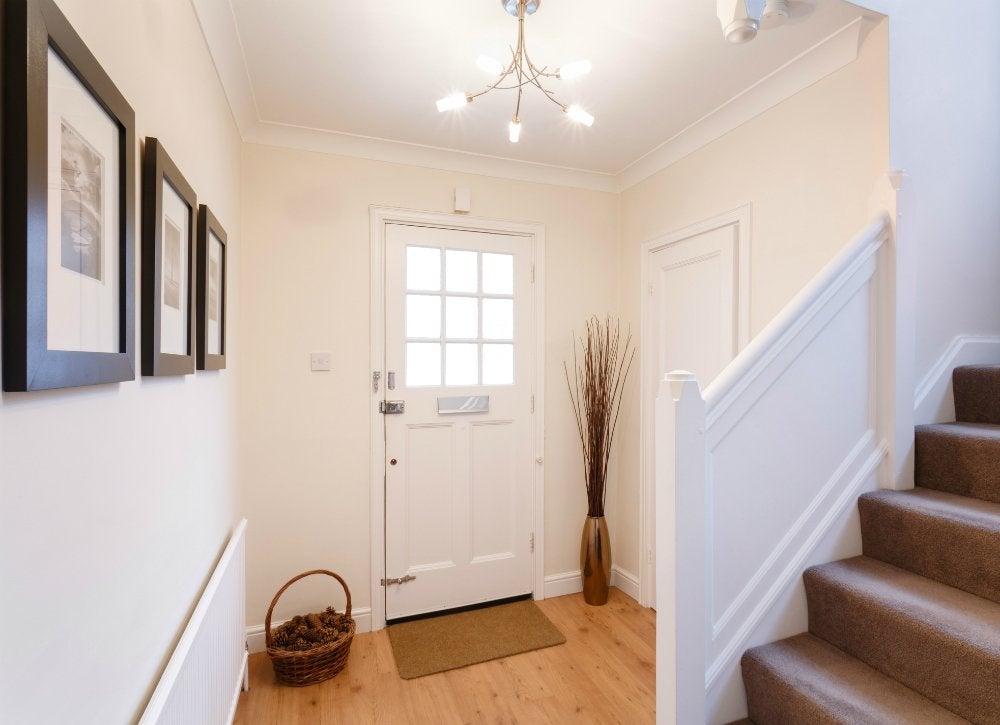
When choosing white paint for a room, carefully consider the permanent fixtures to be found, like flooring or cabinetry. You’ll want to be sure the shade on the walls is a unifying color that makes all other elements in the room look cohesive. If you have a large collection of art to display, take a tip from galleries and choose white or black—both will allow the art to take center stage.
Work with Accents
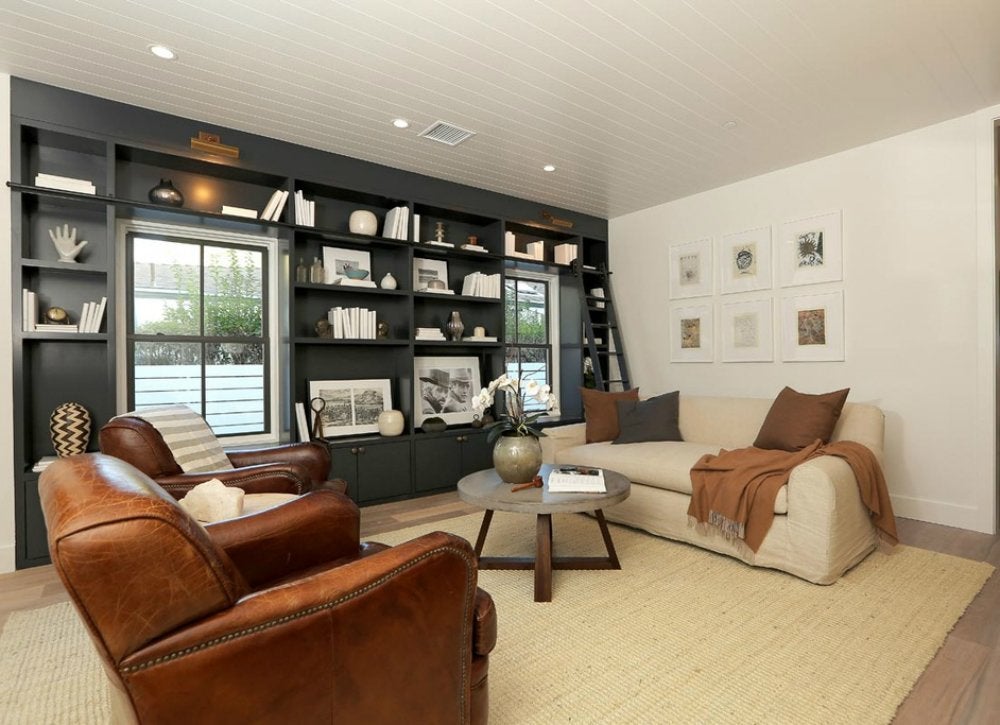
Zillow Digs home in Studio City, CA
Many homeowners love the look of a single wall of color in an otherwise all-white space. If this is something you’re considering, be sure the shade of white on the other walls complements the accent color. Interior designer Julia Mack of Brooklyn, NY, relies on a trio of Benjamin Moore colors when decorating with white: “I like Super White with bright accent walls, Decorators White with tonal grays and taupes, and Silver Satin for large spaces.”
Related: The 16 Best Accent Wall Colors
Let There Be Layers
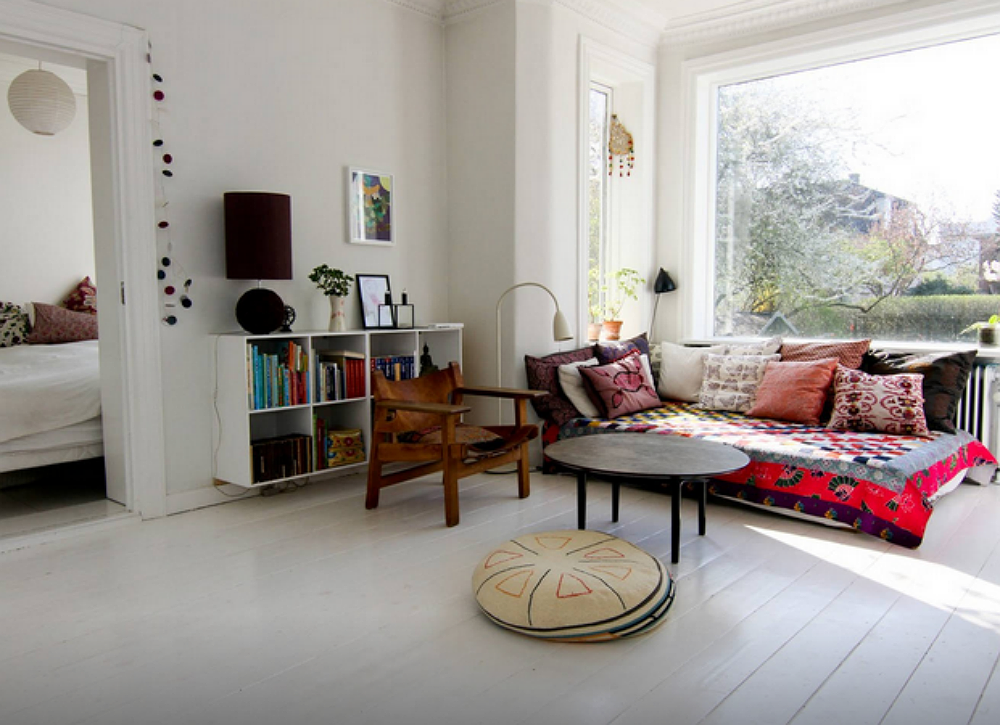
“Whenever you are decorating with predominantly one color, like white, you run the risk of the space becoming boring,” says Amy Spearing, principal of Amy Spearing Interiors, in Richmond, VA. To prevent this, Spearing advises, “use a variety of different textures in your furnishings, pillows, fabrics, rugs, and accessories.”
Find a Favorite
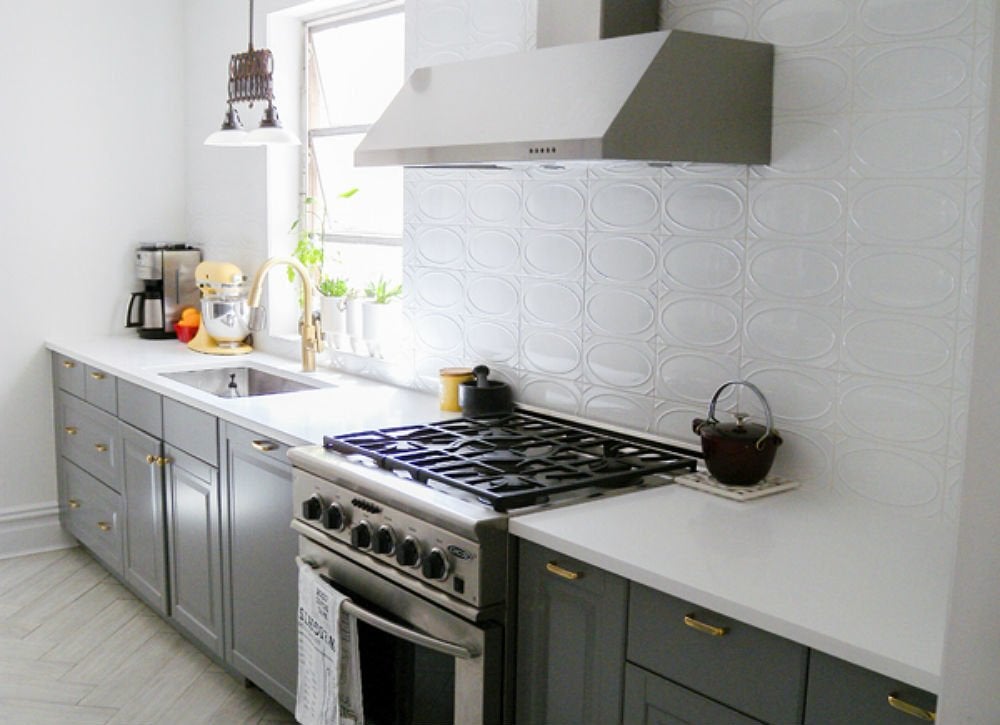
Once you identify a shade of white you love, do what many interior designers do and call upon that color time and again for a variety of settings. For New York City interior designer Brad Ford, that shade is Farrow & Ball’s All White. “It’s like an old friend,” he told ELLE Decor. “It stays consistent in any light, but in the afternoon it can really make a room feel like it’s glowing.”
Related: Hanging by a Thread: 9 Inventive Ways to Hang Pendant Lights

A DIYer’s Guide to Replacing Flooring
Update the look and feel of any room by replacing old, worn-out flooring. These products and straightforward steps make it easy enough for any handy homeowner to do.
